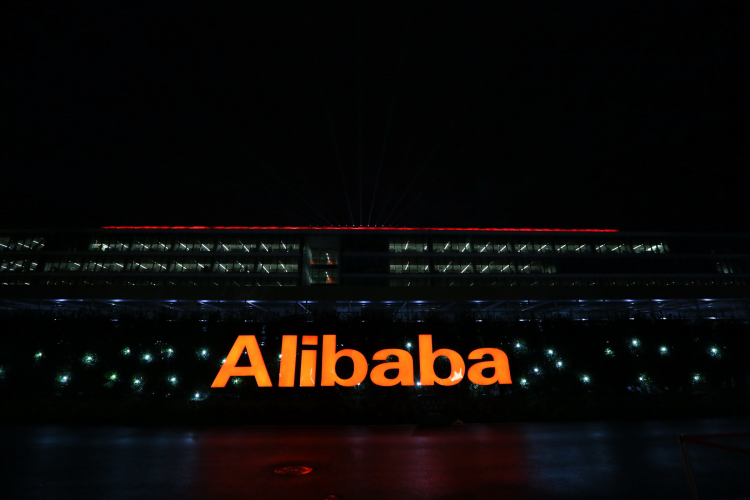Alibaba’s year-long effort to endear themselves to the global community has yielded a major benefit: they have been left off an annual blacklist of e-commerce platforms targeted by the U.S. Trade Representative (USTR) for the sale of counterfeit goods.
The company, which has undergone a self-proclaimed ‘year of globalization’, has spent the last 12 months striking deals globally to bring more branded merchandise to China’s growing consumer class.
Despite their exclusion from this year’s blacklist, the USTR noted in a statement on Thursday that they were “increasingly concerned” about the status of Alibaba’s enforcement programs, and that the platform must do more to crack down on the sale of fake goods.
Alibaba.com has been off the blacklist since 2011, while Alibaba’s most popular consumer platform, Taobao.com, was removed in 2012. The USTR statement also said that “Alibaba Group’s enforcement program is too slow, difficult to use, and lacks transparency.”
In August, the company added an English language version of its counterfeit reporting service, TaoProtect, attempting to endear themselves to the global brand community. They have also invested in anti-counterfeit technology in 2015, including a strategic partnership with Israeli-backed QR technology company Visualead, which specializes in advanced QR technology.
China’s government has also ramped up efforts to remove fake goods from China’s e-commerce platforms. This November China’s State Administration for Industry and Commerce (SAIC) vowed to increase the number of random counterfeit checks on popular platforms including Taobao, Tmall and Alibaba.com.
Prior to the company’s record-breaking 2014 IPO, the Chinese government released a white paper accusing Alibaba of a lax attitude to removing fakes from their platform. Chairman Jack Ma has since publicly stated that for every counterfeit product sold the company stands to lose five customers, dismissing criticism that Alibaba benefits from the trade of fake goods.
This story originally appeared on TechNode. Copyright 2015
VentureBeat's mission is to be a digital town square for technical decision-makers to gain knowledge about transformative enterprise technology and transact. Learn More

